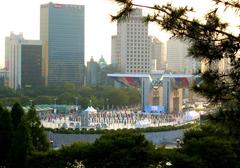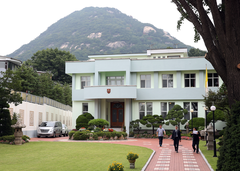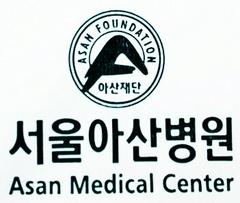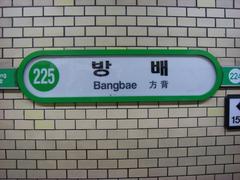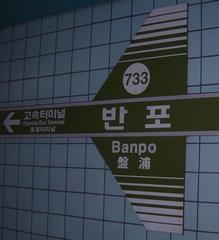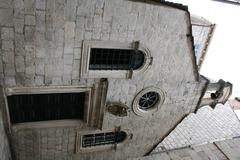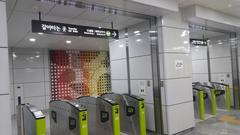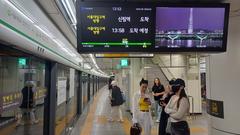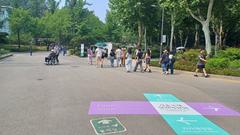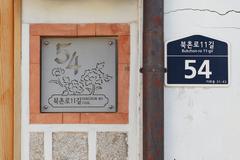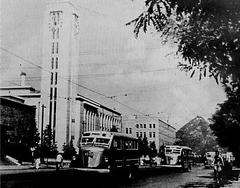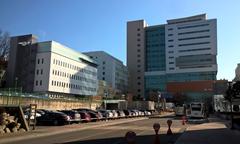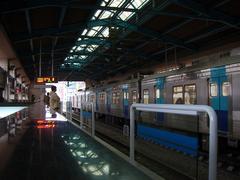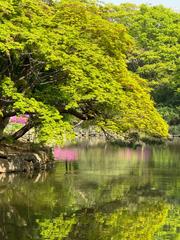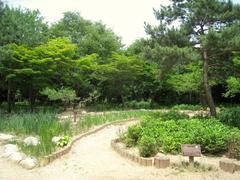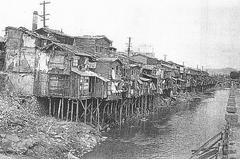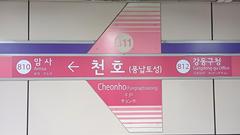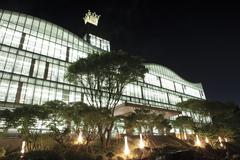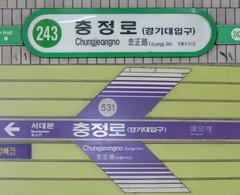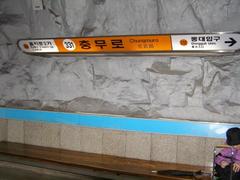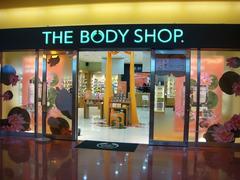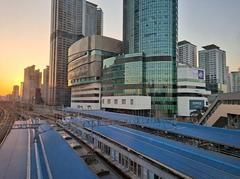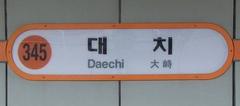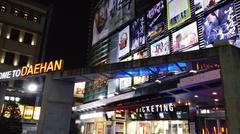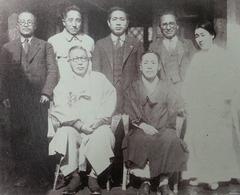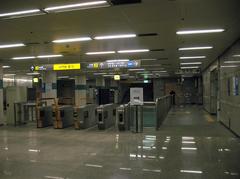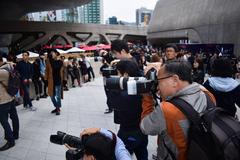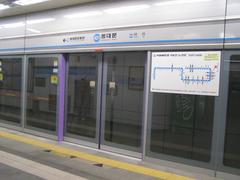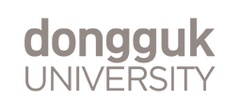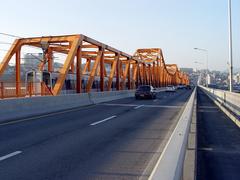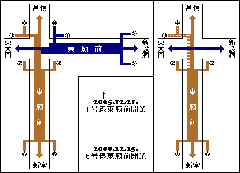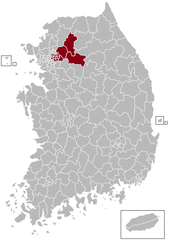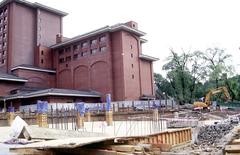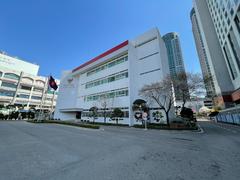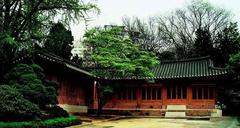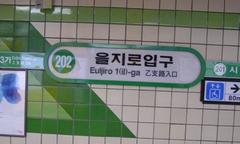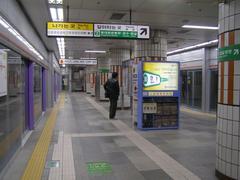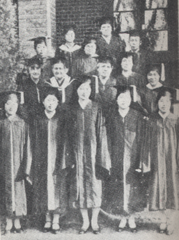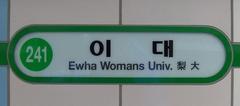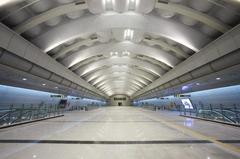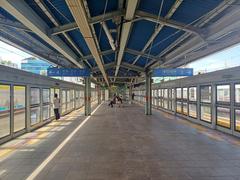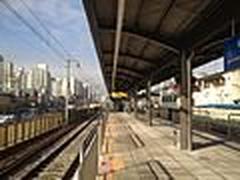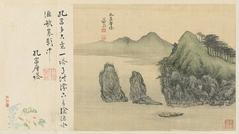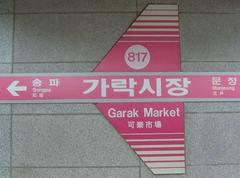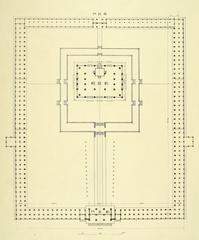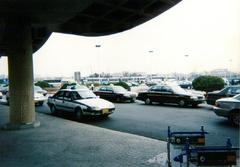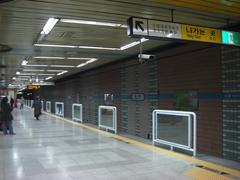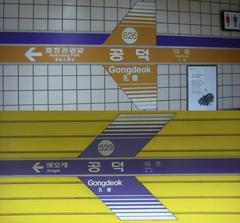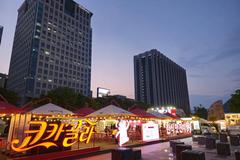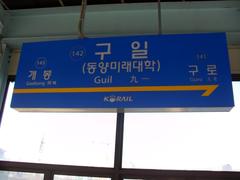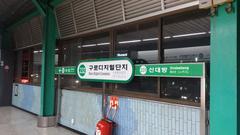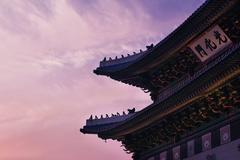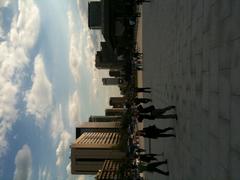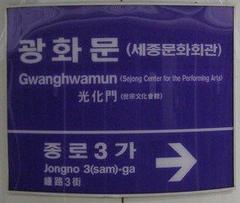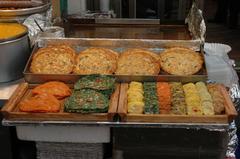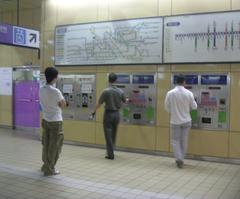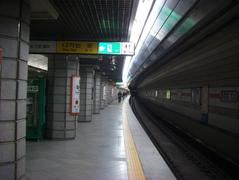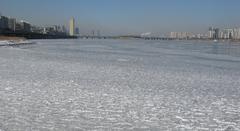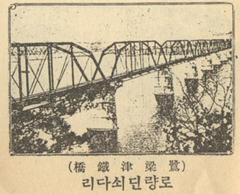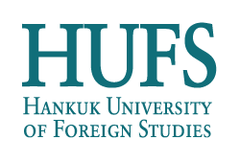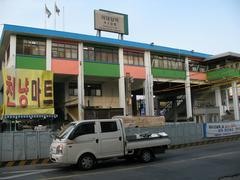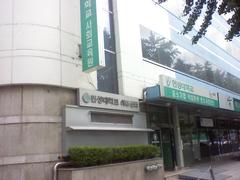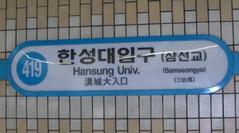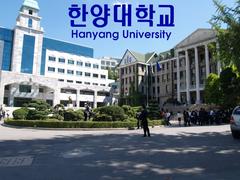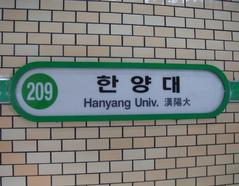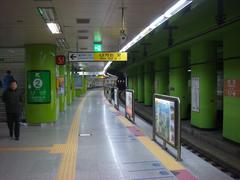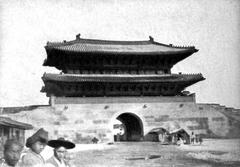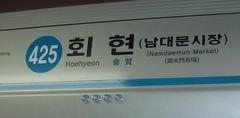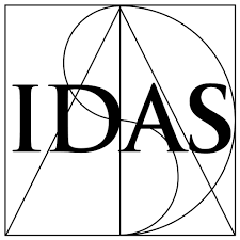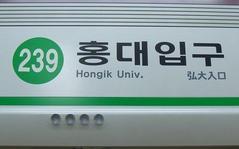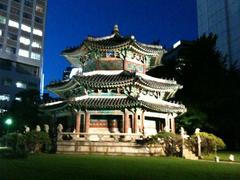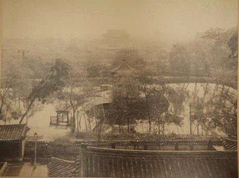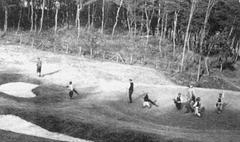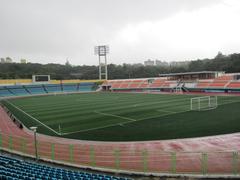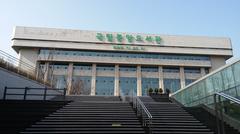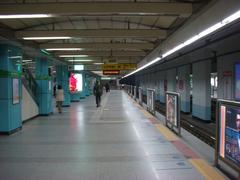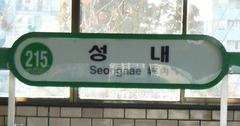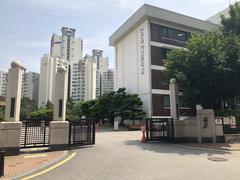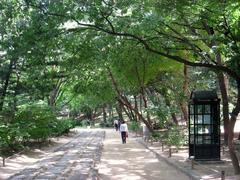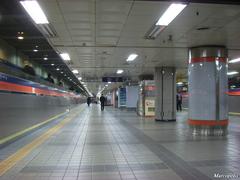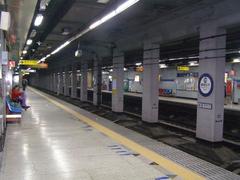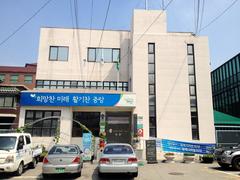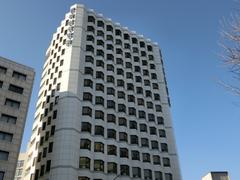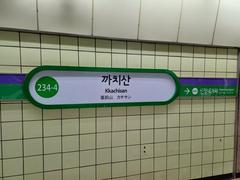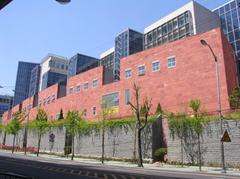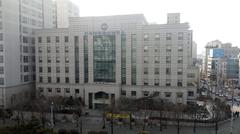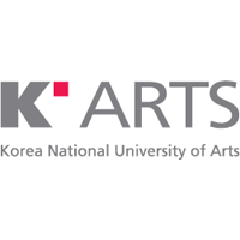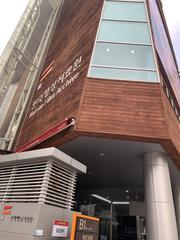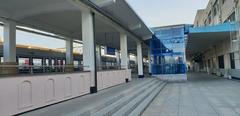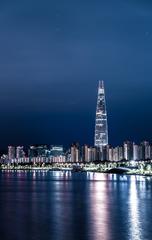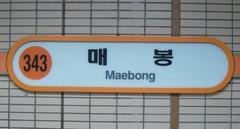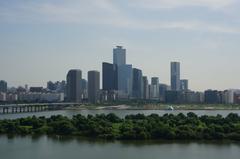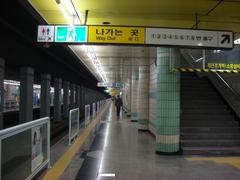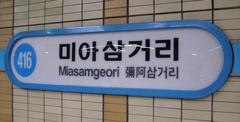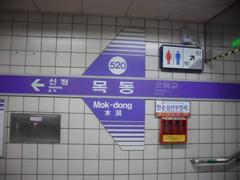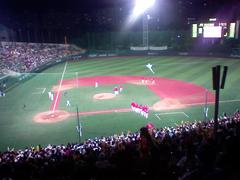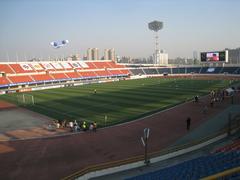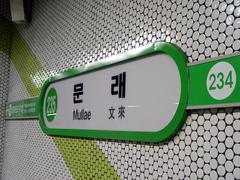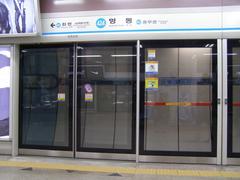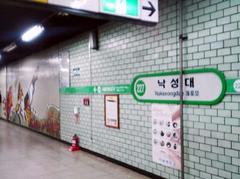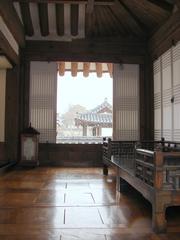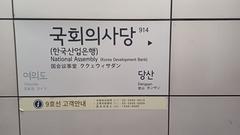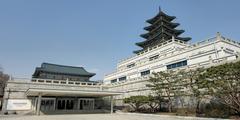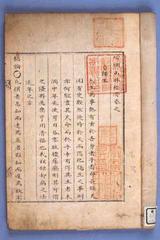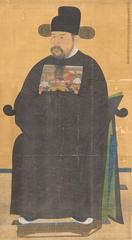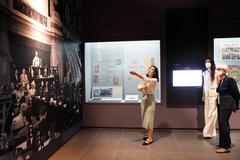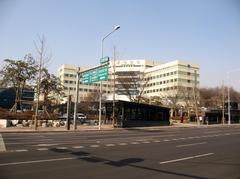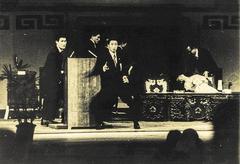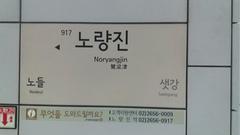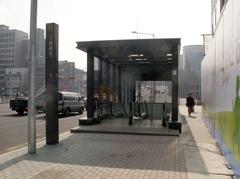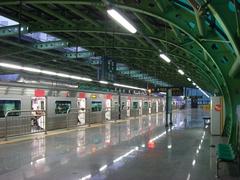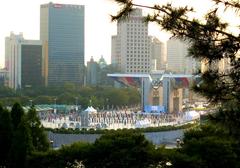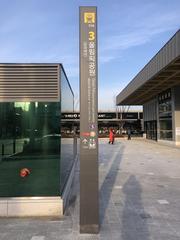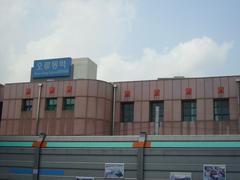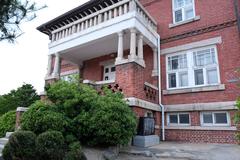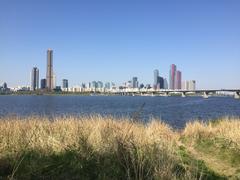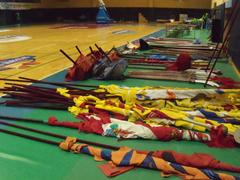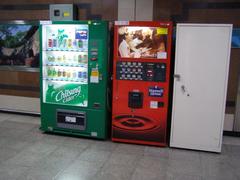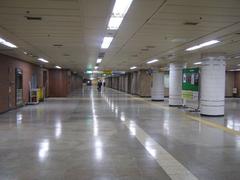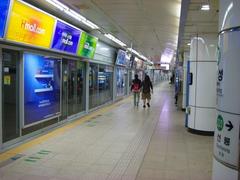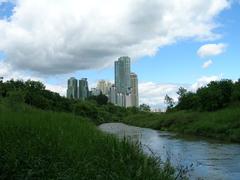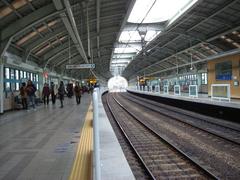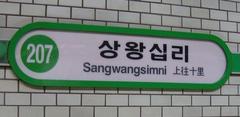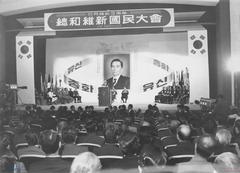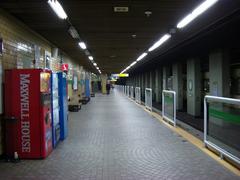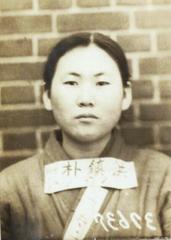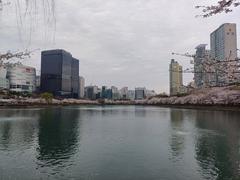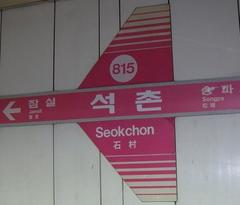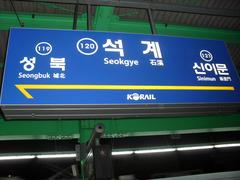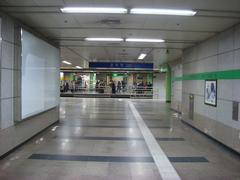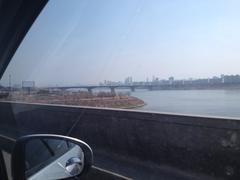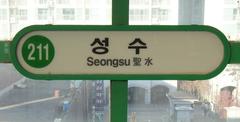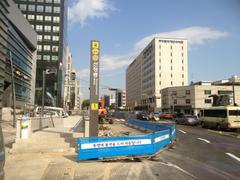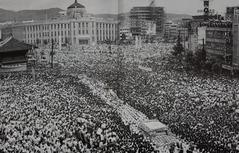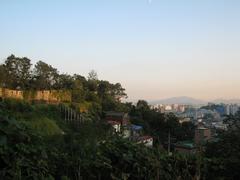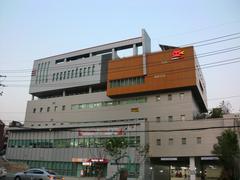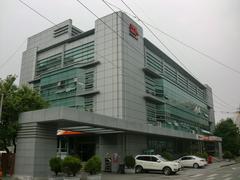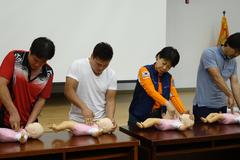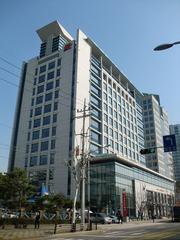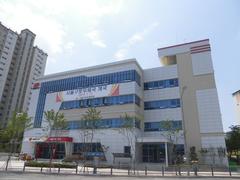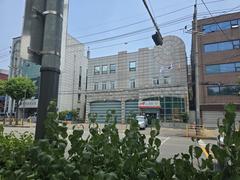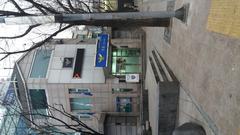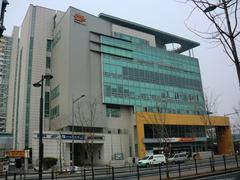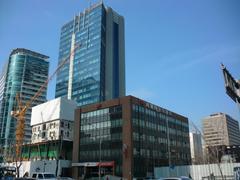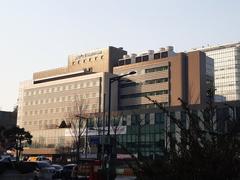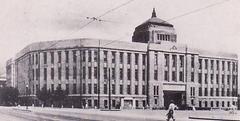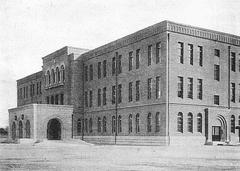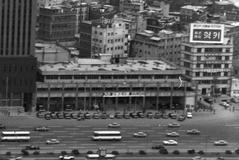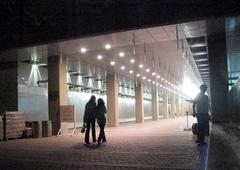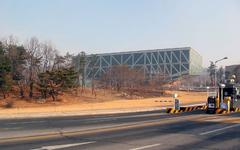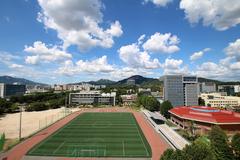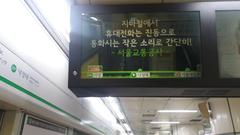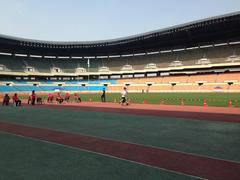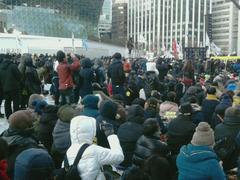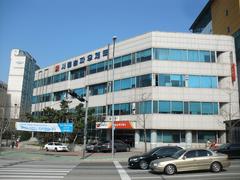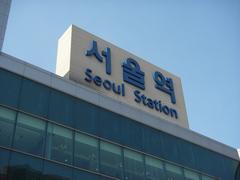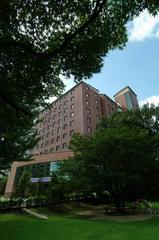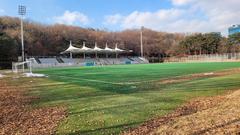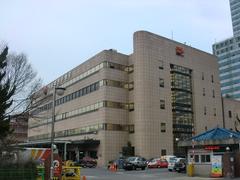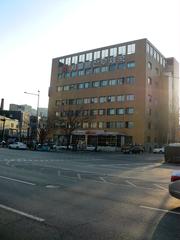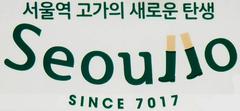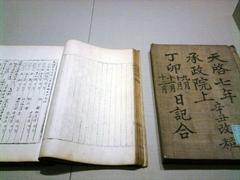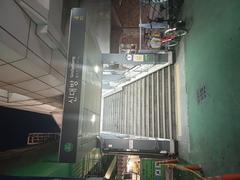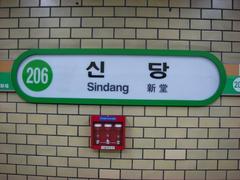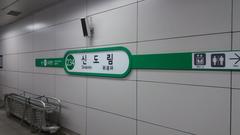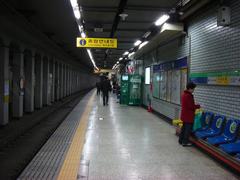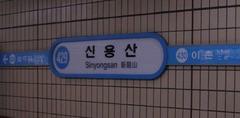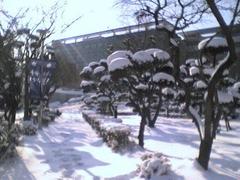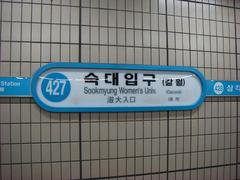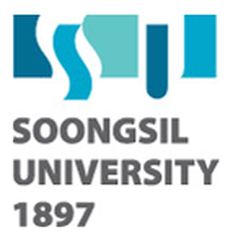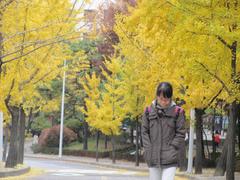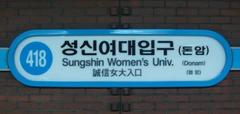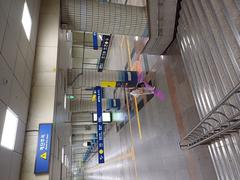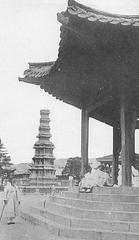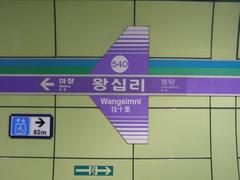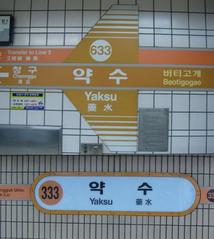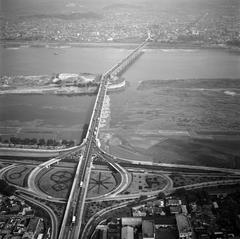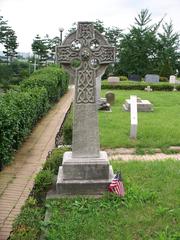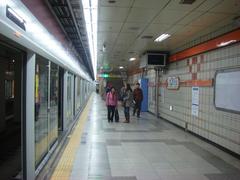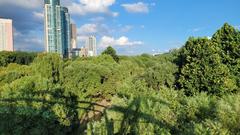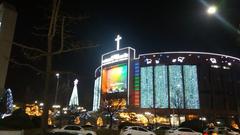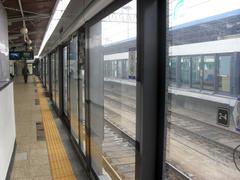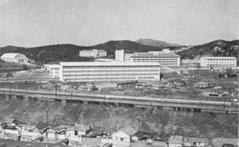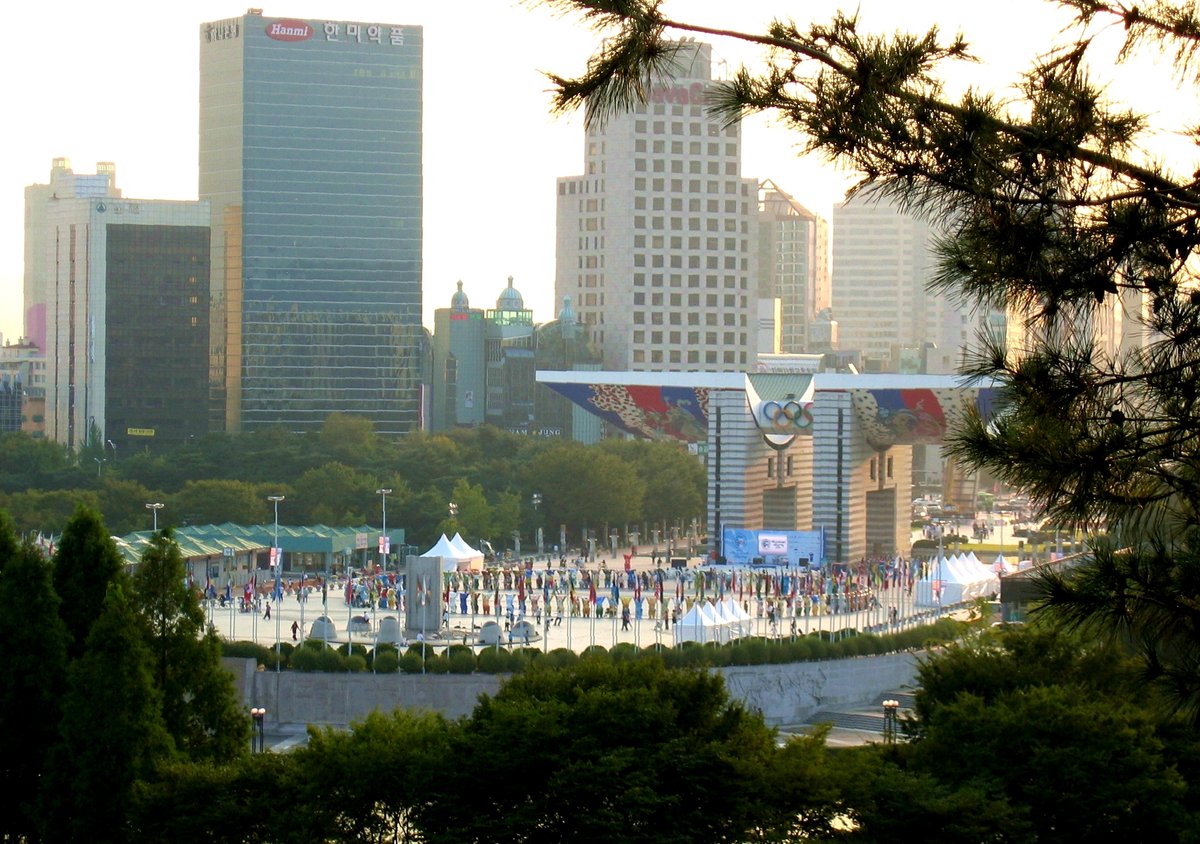
Comprehensive Guide to Visiting Peace Plaza in Seoul, South Korea
Date: 18/07/2024
Introduction
Peace Plaza, known as Pyeonghwa Gwangjang (평화의 광장) in Korean, is not just a public space but a symbol of hope, reconciliation, and historical reflection. Located in Olympic Park (올림픽공원) in southeastern Seoul, this plaza offers an oasis of tranquility amid the bustling city, making it a unique destination for both locals and tourists. The plaza’s strategic location within Olympic Park allows visitors to explore not only its serene environment but also the surrounding attractions like the Olympic Museum, Sculpture Park, and Mongchontoseong Fortress.
Historically, Peace Plaza stands as a testament to South Korea’s journey from conflict to peace, transforming from a military facility into a public space dedicated to dialogue, reflection, and cultural exchange. This guide will provide comprehensive insights into the plaza’s visiting hours, ticket information, top attractions, historical significance, and practical tips to make the most of your visit. Whether you’re a history buff, a peace advocate, or simply looking for a peaceful escape, Peace Plaza in Seoul promises a memorable experience that resonates with the spirit of global harmony and reconciliation (Visit Seoul, 2024).
Table of Contents
- [Peace Plaza in Seoul - Visiting Hours, Tickets, and Top Attractions](#peace-plaza-in-seoul---visiting-hours-tickets-and-top-attractionspeace-plaza-in-seoul---visiting-hours-tickets-and-top-attractions)
- [Getting There - Navigating Your Way](#getting-there---navigating-your-waygetting-there---navigating-your-way)
- [Visitor Information - Hours, Tickets, and Accessibility](#visitor-information---hours-tickets-and-accessibilityvisitor-information---hours-tickets-and-accessibility)
- [A Walk Through Peace Plaza - Design and Features](#a-walk-through-peace-plaza---design-and-featuresa-walk-through-peace-plaza---design-and-features)
- [Beyond the Plaza - Exploring the Surroundings](#beyond-the-plaza---exploring-the-surroundingsbeyond-the-plaza---exploring-the-surroundings)
- [Tips for Your Visit - Making the Most of Peace Plaza](#tips-for-your-visit---making-the-most-of-peace-plazatips-for-your-visit---making-the-most-of-peace-plaza)
- [FAQ](#faqfaq)
- [Visit and Stay Up to Date](#visit-and-stay-up-to-datevisit-and-stay-up-to-date)
- [Historical Significance](#historical-significancehistorical-significance)
- [A Legacy of Conflict and Division](#a-legacy-of-conflict-and-divisiona-legacy-of-conflict-and-division)
- [The Birth of a Hopeful Symbol](#the-birth-of-a-hopeful-symbolthe-birth-of-a-hopeful-symbol)
- [From Military Facility to Public Space](#from-military-facility-to-public-spacefrom-military-facility-to-public-space)
- [A Place for Commemoration and Reflection](#a-place-for-commemoration-and-reflectiona-place-for-commemoration-and-reflection)
Peace Plaza in Seoul - Visiting Hours, Tickets, and Top Attractions
Peace Plaza, also known as Pyeonghwa Gwangjang in Korean (평화의 광장), isn’t your typical city square. Instead of being nestled within Seoul’s bustling city center, it’s located within the heart of Olympic Park (올림픽공원), a sprawling green space in the southeastern part of the city. This unique location adds to the plaza’s tranquil atmosphere, offering a sense of serenity amidst the urban landscape.
Getting There - Navigating Your Way
Reaching Peace Plaza is a breeze, thanks to Seoul’s efficient public transportation system. Here are the most convenient options:
- By Subway
- Take Seoul Subway Line 5 to Olympic Park Station (올림픽공원역), Exit 3. Peace Plaza is a short walk from the exit.
- By Bus
- Numerous buses stop near Olympic Park. Check the Seoul bus routes and schedules for the most up-to-date information.
Visitor Information - Hours, Tickets, and Accessibility
- Visiting Hours: Peace Plaza is open daily from 5 AM to 10 PM.
- Tickets: Entry to Peace Plaza is free. However, some attractions within Olympic Park may have entrance fees.
- Accessibility: The plaza is wheelchair accessible, with smooth paths and ramps ensuring easy navigation for all visitors.
A Walk Through Peace Plaza - Design and Features
Peace Plaza is designed to inspire a sense of openness and tranquility. Its vast expanse is paved with large, rectangular stones, creating a sense of grandeur and simplicity. The plaza’s design encourages leisurely strolls, gatherings, and moments of reflection.
Here are some key features you’ll encounter:
- The World Peace Gate: This iconic landmark, with its soaring arches and colorful murals, stands as a testament to the plaza’s dedication to global harmony.
- The Rose Garden: Adjacent to the plaza, this fragrant oasis features a stunning variety of roses, offering a burst of color and fragrance.
- The Olympic Park: Peace Plaza serves as a central hub within the larger Olympic Park, providing easy access to its numerous attractions, including the Olympic Museum, the Sculpture Park, and the Mongchontoseong Fortress.
Beyond the Plaza - Exploring the Surroundings
Peace Plaza’s location within Olympic Park makes it an ideal starting point for exploring the park’s diverse offerings. Here are some nearby attractions worth visiting:
- Olympic Museum: Delve into the history of the 1988 Seoul Olympics and learn about the spirit of the Games.
- Sculpture Park: Wander through this open-air gallery showcasing over 200 sculptures by renowned artists from around the world.
- Mongchontoseong Fortress: Step back in time at this ancient fortress, a reminder of Seoul’s rich history.
Tips for Your Visit - Making the Most of Peace Plaza
- Timing is Key: Visit during the week or early mornings to avoid large crowds and enjoy a more peaceful experience.
- Pack a Picnic: The plaza’s open space and surrounding greenery make it a perfect spot for a relaxing picnic lunch.
- Wear Comfortable Shoes: Be prepared to do some walking as you explore the vast expanse of Peace Plaza and the surrounding Olympic Park.
- Capture the Moment: Don’t forget your camera! The plaza’s iconic landmarks and picturesque surroundings offer plenty of photo opportunities.
FAQ
- Q: What are the opening hours for Peace Plaza?
- A: Peace Plaza is open daily from 5 AM to 10 PM.
- Q: Is there an entrance fee for Peace Plaza?
- A: Entry to Peace Plaza is free. Some attractions within Olympic Park may have entrance fees.
- Q: How can I get to Peace Plaza?
- A: You can reach Peace Plaza by subway (Line 5, Olympic Park Station, Exit 3) or by bus.
- Q: Is Peace Plaza wheelchair accessible?
- A: Yes, the plaza is wheelchair accessible with smooth paths and ramps.
Visit and Stay Up to Date
For more updates and detailed information, follow us on social media or check out other related posts on our website. Don’t forget to download our mobile app Audiala for the latest updates on Seoul’s top attractions!
Historical Significance
A Legacy of Conflict and Division
To understand the significance of Peace Plaza, one must delve into the history of the Korean War (1950-1953). The war, a devastating conflict that pitted North Korea against South Korea, resulted in the division of the peninsula along the 38th parallel, creating the Demilitarized Zone (DMZ). This division severed families, communities, and the shared history of the Korean people.
The Birth of a Hopeful Symbol
Following the war, the area now known as Peace Plaza was initially a military facility. However, as South Korea transitioned into a period of rapid economic growth and democratization, the government sought to transform this symbol of conflict into a beacon of hope and reconciliation.
From Military Facility to Public Space
In the 1990s, the military facility was dismantled, paving the way for the creation of Peace Plaza. This transformation represented a significant step towards healing the wounds of the past and promoting a culture of peace. The plaza was designed as a space for dialogue, reflection, and cultural exchange, embodying the nation’s aspiration for a unified Korean peninsula.
A Place for Commemoration and Reflection
Today, Peace Plaza stands as a poignant reminder of the Korean War and its enduring impact. The plaza features several monuments and sculptures dedicated to peace and reunification, serving as spaces for commemoration and reflection. Visitors can learn about the history of the war, pay their respects to those who lost their lives, and contemplate the importance of peace.
Conclusion
Peace Plaza in Seoul encapsulates the spirit of peace, unity, and reflection that South Korea aspires to uphold. From its historical transformation from a military facility to a beacon of hope and reconciliation, the plaza serves as a poignant reminder of the past while fostering a vision for a peaceful future. Visitors can explore a variety of attractions within Olympic Park, each offering unique insights into Korea’s rich history and cultural heritage. Whether you’re visiting the iconic World Peace Gate, strolling through the fragrant Rose Garden, or delving into the history of the 1988 Seoul Olympics at the Olympic Museum, Peace Plaza offers something for everyone. The plaza’s accessibility, free entry, and well-maintained facilities make it an ideal destination for leisurely visits, educational tours, and moments of personal reflection. By visiting Peace Plaza, one not only enjoys a serene environment but also participates in a collective journey towards understanding and global harmony. For the latest updates and travel tips, don’t forget to download the Audiala app and follow us on social media (Visit Seoul, 2024).
References
- Visit Seoul, 2024 Visit Seoul
